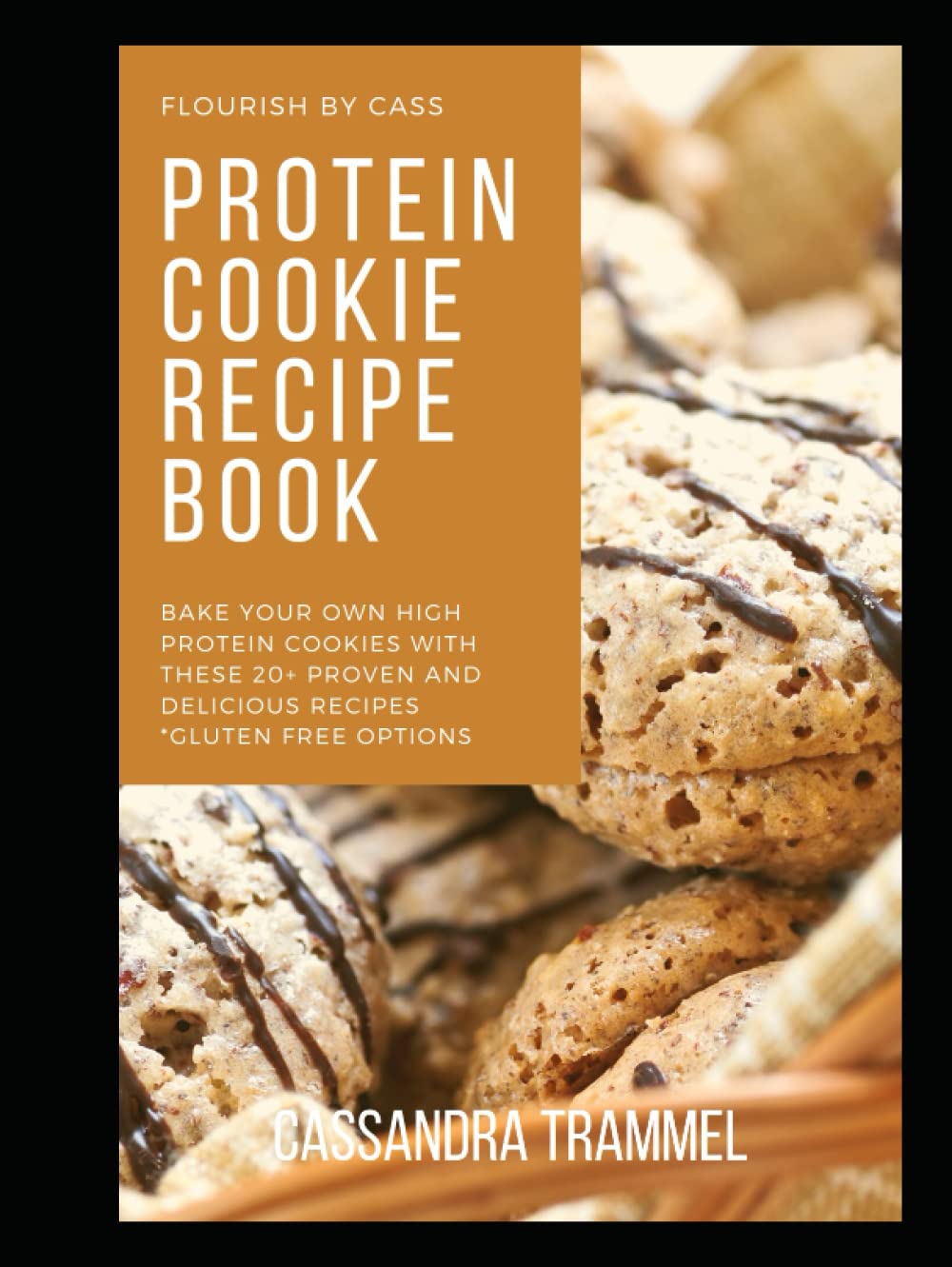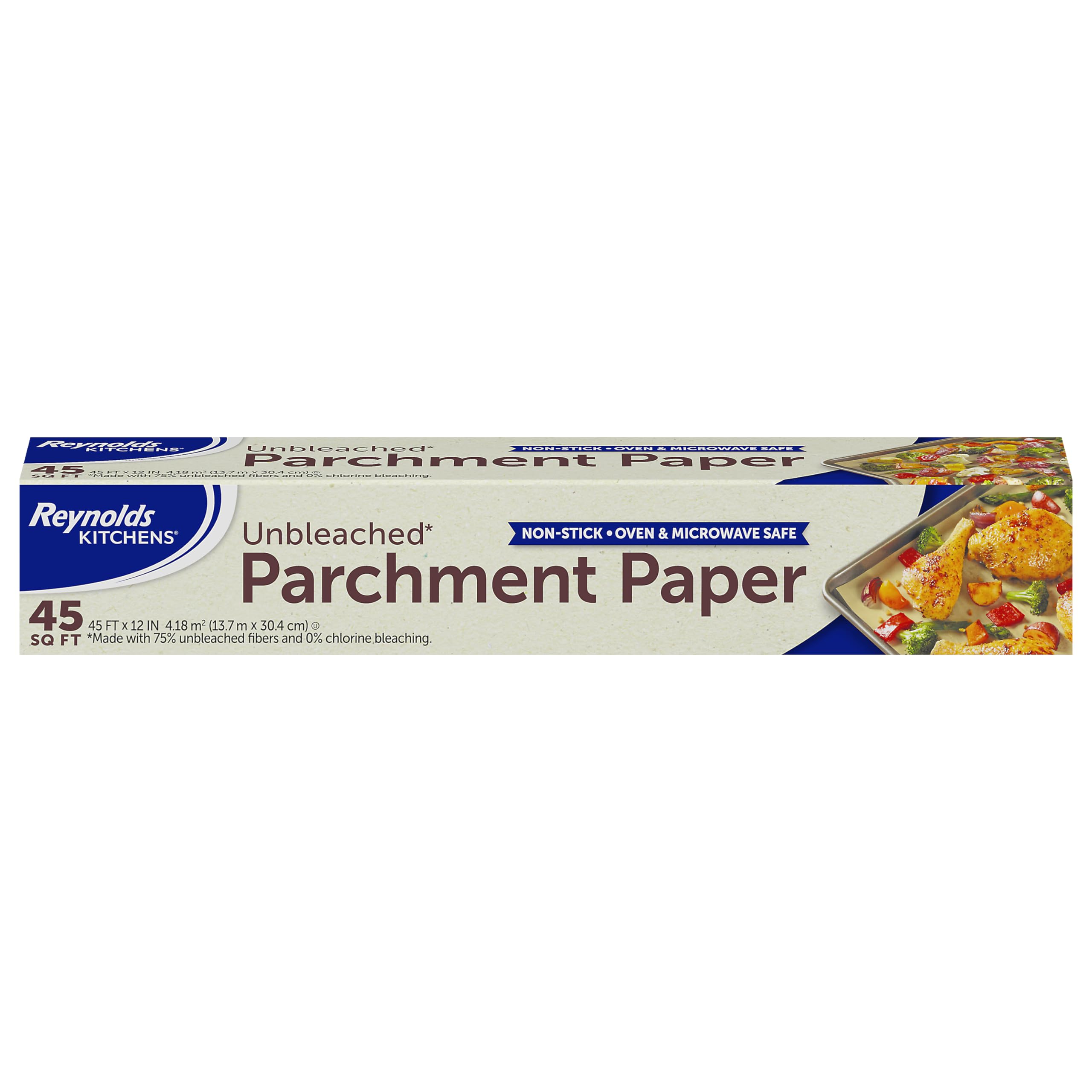
You know, sometimes I find myself craving something sweet but also wanting to stay on track with my protein goals—it’s like an internal tug-of-war. Enter protein cookies: the sweet, chewy compromise that doesn’t feel like a compromise at all. They’re like little bites of heaven, just waiting to be dunked in a glass of almond milk while you binge-watch the latest season of your favorite show.
Cookbook Inspiration
Gather these essential tools to ensure your protein cookie baking experience is smooth and enjoyable from start to finish.
Steps
- Preheat your oven to 180C (350F) and prepare a baking tray by lining it with parchment paper.
- In a large mixing bowl, combine smooth peanut butter, your choice of brown sugar substitute, unflavored or vanilla protein powder, and a room temperature egg.
- Mix the ingredients thoroughly until a thick dough forms.
- Shape the dough into 12 equal-sized balls and place them onto the prepared baking sheet.
- Flatten each ball slightly to form a cookie shape.
- Bake in the preheated oven for 10-12 minutes, or until the edges of the cookies just start to turn golden.
- Once baked, remove the cookies from the oven and allow them to cool completely on the baking tray.

Ingredients
- 1 cup smooth and drippy peanut butter (no added sugar)
- 1/2 cup brown sugar substitute (such as erythritol, monk fruit sweetener, or coconut sugar)
- 1 scoop protein powder (unflavored or vanilla flavored)
- 1 large egg (at room temperature)
Nutritional Values
Calories: 1800kcal | Carbohydrates: 60g | Protein: 252g | Fat: 96g | Sodium: 1392mg | Potassium: 1968mg | Fiber: 12g | Vitamin A: 276IU | Calcium: 420mg | Iron: 12mg | NET CARBS: 48g
FAQ
- Are homemade protein cookies healthy?
- Homemade protein cookies are generally healthier than store-bought ones because they use wholesome ingredients and avoid artificial sweeteners. They are a great way to add protein to your diet without the additives found in commercial options.
- Which protein powder is best for baking cookies?
- Casein protein powder is recommended for baking as it keeps baked goods moist and flavorful. Brown rice protein powder can also be used for a softer texture, while whey protein is less ideal as it tends to dry out cookies.
- Can I make these cookies vegan?
- Yes, you can make these cookies vegan by replacing the egg with a flax egg or chia egg. This will maintain the texture and structure of the cookies without using animal products.
- Is it possible to substitute the peanut butter in the recipe?
- Absolutely, you can replace peanut butter with almond butter, cashew butter, or sunflower seed butter. Make sure it is smooth and drippy to achieve the right cookie dough consistency.
- How should I store protein cookies for the best freshness?
- Store leftover protein cookies in an airtight container at room temperature for up to 14 days. For longer storage, keep them in the refrigerator or freeze them in a ziplock bag for up to 6 months.
Tips
- Avoid overbaking the cookies; they will continue to cook as they cool. Even if they look slightly underdone, they will firm up nicely as they cool down.
- For extra thickness and chewiness, refrigerate the cookie dough for about an hour before baking.
- Choose a protein powder you enjoy, as the flavor will be noticeable in the cookies, especially if you use an unflavored variety.
- To add variety, consider mixing in chocolate chips, oats, or even unsweetened cocoa powder to create different flavor profiles like chocolate chip, oatmeal, or chocolate protein cookies.






